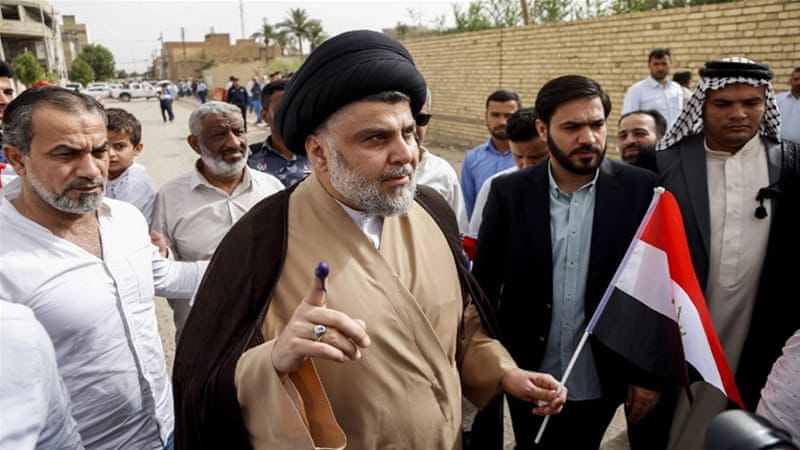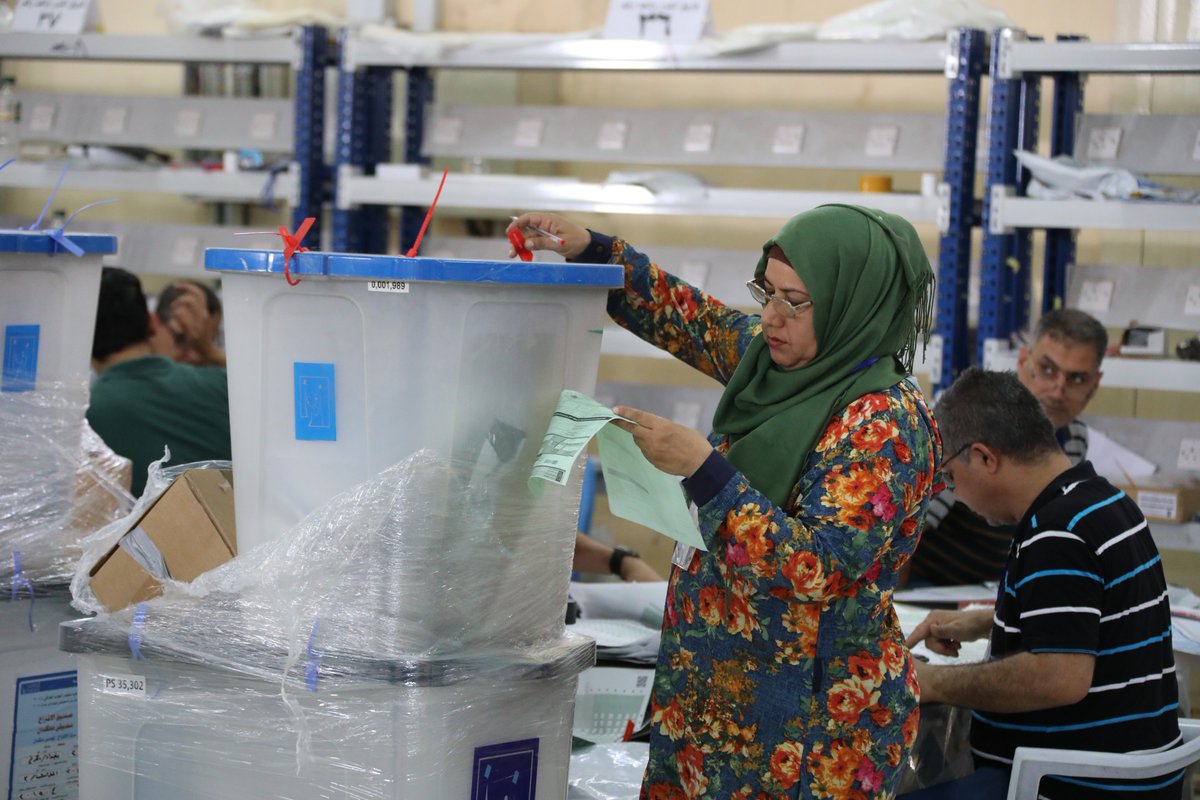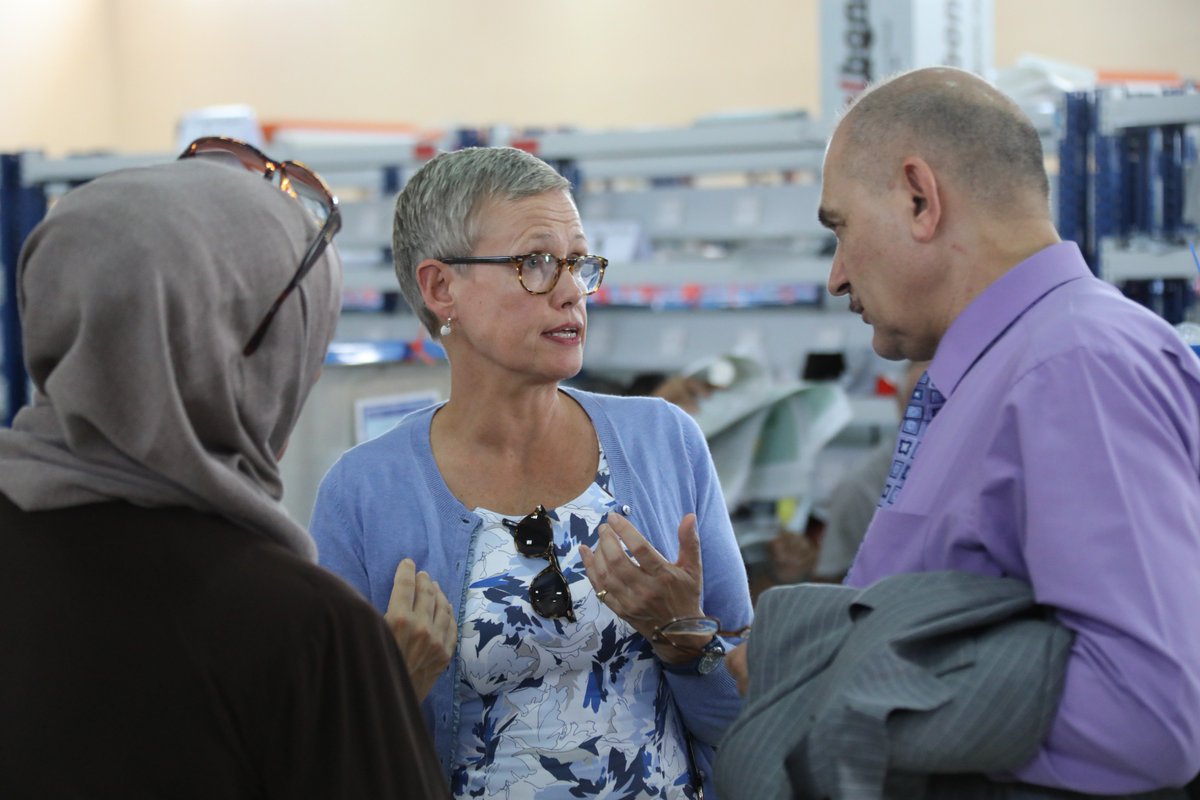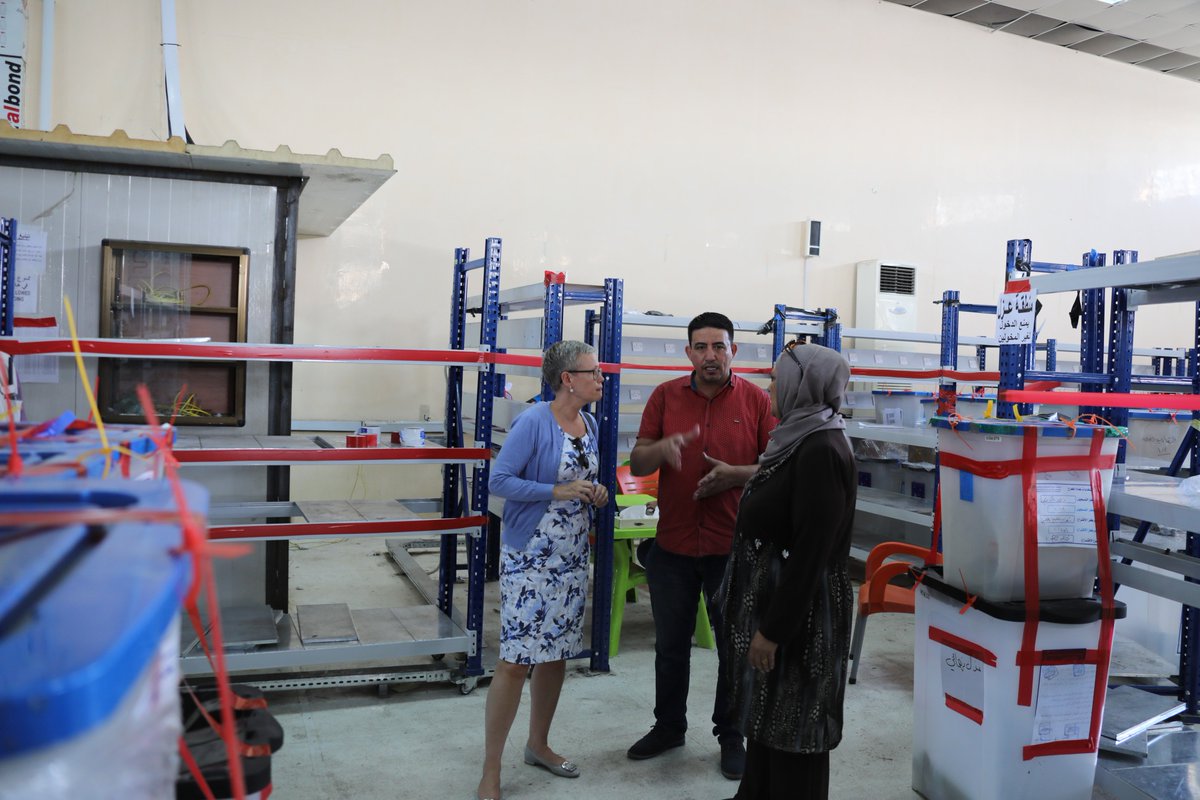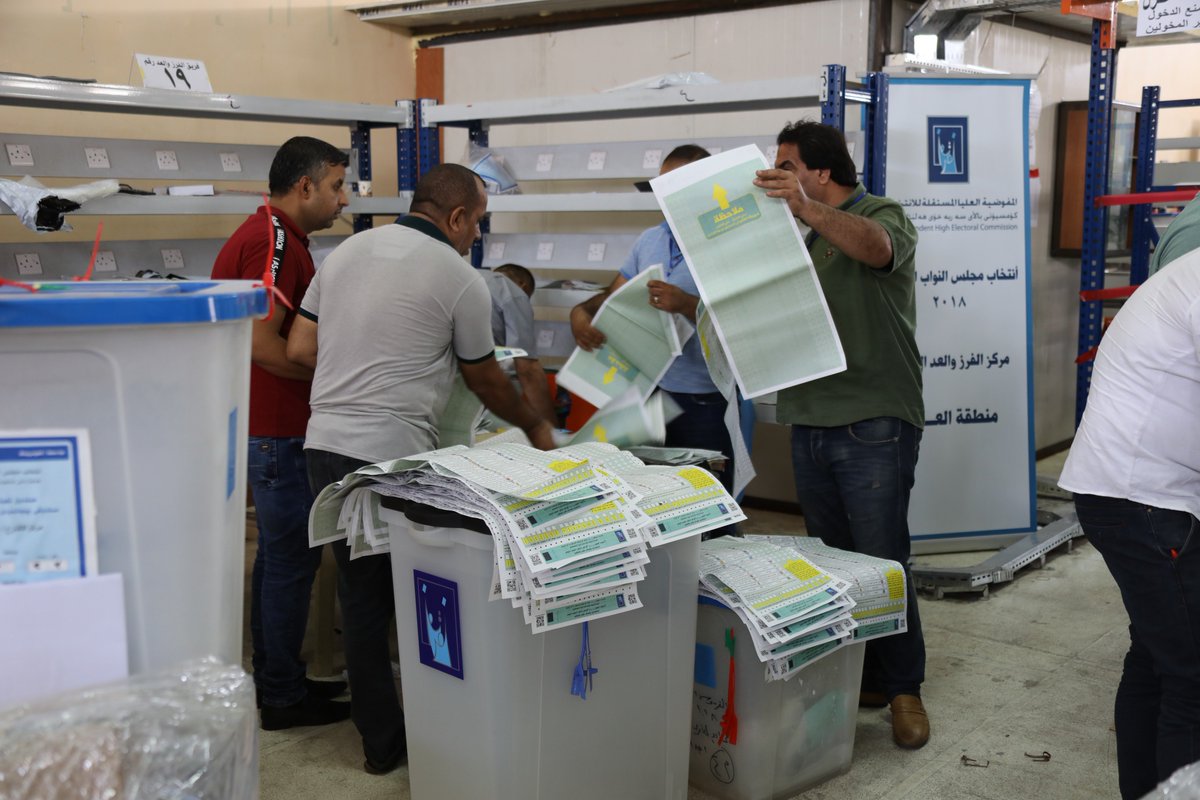this is my top 5 - and this is drama, not comedy - so here i go.
5) victoria principal.
she made 'dallas' - even more than larry hagman. without pam, there would have been no show and that was seen as even more true once she left the show. it really died without her. victoria was called on to play romance, drama, melodrama and light comedy and she excelled at all. she is 1 of the most underrated of the actress of her era.
4) veronica hamel.
largely forgotten, she did great work in 'hill st. blues' and even in 'valley of dolls' - not to mention in the tv movie 'sessions.' she was really good and had great chops.
3) regina taylor.
it says a great deal about the golden globes versus the emmys that regina taylor won a golden globe for her incredible work on 'i'll fly away' but never an emmy. regina did amazing work and did it consistently. a better tv network would have built show after show around her after 'i'll fly away' ended.
2) joan collins.
joan was always a strong actress and finally the world saw it with 'dynasty.' i always felt she was undercut after the moldavian finale because she wanted the money she deserved. after that (and she was right to demand it), they never seemed to write the character all out again.
1) donna mills.
abby on 'knots landing' gave her the showcase she always deserved. omg. i cannot say enough about this woman. she carried storylines. she carried storylines no 1 else could have. she was indirectly implicated in the kidnapping of val's twins and you still rooted for her. donna mills? her scenes should be text book examples in any acting class.
so that's my choice for the 5 best of the 80s and 90s. i ranked them in my own order with donna at the top. your responses may differ.
let's close with c.i.'s 'Iraq snapshot:'
Friday, August 3, 2018. Still no government formed in (occupied) Iraq.
This morning, Kevin Watkins (GUARDIAN) reports:
Rahaf, aged 10, from west Mosul in Iraq, can’t tell you what caused the war that left her an orphan, killed her friends and robbed her of her childhood. But she can give you a child’s-eye view of the collective trauma, grief and loss that weigh on children across her devastated city. “I wake up and I witness war every day. I don’t want to go through another war,” she says.
[. . .]
While aid agencies and the Iraqi government focus on rebuilding cities flattened by war, the psycho-social needs of thousands of children who suffered traumatic experiences are being sidelined.
[. . .]
Looking at the piles of stone and twisted girders that were once homes provides a glimpse of the terror experienced by civilians trapped by urban warfare. It is impossible to know how many were killed or wounded by snipers and car bombs. What is clear is that many children emerged from the military devastation, and the three years of Isis rule that preceded it, carrying deep psychological scars.
The scars won't be going away anytime soon. Nor has the war ended. The 'success' of Mosul and its 'liberation' is a joke.
This morning, Kevin Watkins (GUARDIAN) reports:
Rahaf, aged 10, from west Mosul in Iraq, can’t tell you what caused the war that left her an orphan, killed her friends and robbed her of her childhood. But she can give you a child’s-eye view of the collective trauma, grief and loss that weigh on children across her devastated city. “I wake up and I witness war every day. I don’t want to go through another war,” she says.
[. . .]
While aid agencies and the Iraqi government focus on rebuilding cities flattened by war, the psycho-social needs of thousands of children who suffered traumatic experiences are being sidelined.
[. . .]
Looking at the piles of stone and twisted girders that were once homes provides a glimpse of the terror experienced by civilians trapped by urban warfare. It is impossible to know how many were killed or wounded by snipers and car bombs. What is clear is that many children emerged from the military devastation, and the three years of Isis rule that preceded it, carrying deep psychological scars.
The scars won't be going away anytime soon. Nor has the war ended. The 'success' of Mosul and its 'liberation' is a joke.
This is life a year after the battle for Mosul, #Iraq.
Five harsh realities about life in Mosul today
1) 300,000 people still live in displacement camps
2) Mines and unexploded devices are a constant threat
3) The number of bodies buried under rubble are still unknown.
4) Tens of thousands of people depend on aid for survival.
5) Volunteers do their best to save their cultural heritage.
That's Mosul. What about Anbar Province? Arwa Ibrahim (ALJAZEERA) reports:
The about 100 residents of al-Khadra camp are among the 2.14 million Iraqis who have been displaced since January 2014, according to the UN's refugee agency, the UNHCR.
Inside the camp, which offers residents little more than shelter from the scorching summer heat, children run up and down its arid walkways and play in the sand between rows of neatly set tents.
As women hang their children's washed clothes to dry in the sun, while others cook meals on bunsen burners inside the tents that have housed them for years, there is no sign of this camp closing down any time soon.
As it gets close to 4 o'clock in the afternoon in Basra, right now the temperature is 113 degrees Fahrenheit.
Protests continue in Iraq. Zaid M. Belbagi (ARAB NEWS) observes:
With no improvement in sight, whilst Iraqi politicians haggle over ministerial positions in Baghdad’s air-conditioned Green Zone, the south of the country is up in flames. What differentiates these protests from others in Iraq’s recent past is that the country’s Shia community, the biggest supporters of the fall of the Baath regime, are those now demanding a change in the status quo. As the lack of electricity has intensified the effects of a brutal heatwave, protests have spread to the Shia heartlands of Najaf and Karbala. The demands of those on the streets have grown to now focus on other issues that also undermine quality of life, such as growing poverty, water shortages, unemployment, rampant corruption and of course, Iran’s ever-present hidden hand.
No, the trick did not work. Adnan Hussein (AL-ARABYIA) notes:
The motives and aims of suspending Iraq’s electricity minister, cannot deceive anyone, even the credulous. It is a ‘trick’ that has often been used in Iraq in particular as well as in the Middle East and in other countries.
The firing was a stunt, just as his firing of five election officials last Saturday was a stunt -- and an unsuccessful one at that. Much to Hayder al-Abadi's regret, the stunts are being seen through. In response to the suspension of the Minister of Electricity, the protesters said they'd wait to see some actual action.
MIDDLE EAST MONITOR reports:
Demonstrations in Iraq’s southern province
of Basra are continuing a month after they started, protesters are
demanding access to jobs and basic services.
According to local sources, hundreds of
Iraqis took to the streets at the entrance of the Bargesia oilfield in
Basra’s western village of Zubair yesterday.
The sources told Al-Araby Al-Jadeed that
the protesters called on the local authorities and the Iraqi government
in Baghdad to “immediate action towards employing the city locals
instead of the foreign workers who earn good salaries.”
On Tuesday, Iraqi troops forcibly dispersed a days-long sit-in that was being held outside the same oilfield.
Suppression efforts may include spying on the protesters and the government compiling a list of them:
Iraq’s Ministry of Interior has spoken out against the claims by activists that the government has cataloged protesters involved in the nationwide protests over poor infrastructure services. A statement released by the ministry read that, “The Ministry of Interior, at a time when it denies such allegations flatly and totally, and it and the just Iraqi court elevates itself above these lies, would like to reiterate that security forces will keep protecting every peaceful protest expressive of rights and is far from vandalism and abuse of public and private interests.” The ministry believes that the rumors are being spread in an attempt to create public distrust in the Iraqi security forces. The right to assemble and conduct peaceful protests by Iraqi citizens is protected by the nations constitution.
Despite the denial, it is known that Nouri al-Maliki had protesters spied upon beginning in 2012 and a list was compiled during his terms as prime minister.
It would not be that surprising for Hayder -- a member of Nouri's political party Dawa and a member of Nouri's political slate State of Law -- to be doing the same.
Famous Iraqi singer shares protesters’ demands on stage in Lebanon bit.ly/2AqRGVv #Lebanon #Lebanese #Corruptioninlebanon #middleeast #Beirut #Iraq #protests #kathemalsaher
Iraq still has no government, despite holding elections May 12th. A fear for some?
If the current protest in #Iraq continue to escalate, they can only lead to: 1) end corruption, or 2) topple the regime. Iraqis may consider both scenarios better than the status qou, but we hope for the first.
On that topic, Basra appears to prefer independence. Mustafa Saadoun (AL-MONITOR) reports:
As protests spread in southern Iraq, particularly in
Basra, there have been renewed demands for autonomy in the oil-rich
governorate. Walid al-Kitan, head of the Basra Provincial Council,
announced July 24 that 15 out of 25 members of the local government had
signed a petition to establish an independent region of Basra.
However, Tariq Harb,
a former adviser of the prime minister, believes that the petition
isn't likely to succeed because the council's work ended in in June
2017. New provincial elections have been delayed until December 2018,
with Sunni leaders arguing that elections cannot be held until those
displaced by conflict have returned to their regions.The concept of autonomous regions, which have been heavily promoted and politically exploited since 2013, is a thorny issue among Iraqis, many of whom resist the idea of the division of Iraq. However, it may be argued that calls for an autonomous Basra governorate are merely an attempt to pressure the central government to disburse the governorate's budget allocation and provide better services.
The Iraq War has cost us a staggering $2 trillion. 4,424 Americans were killed. Over 30,000 wounded. Over 280,000 Iraqis dead. Think of what could have been different if Democrats had stood up, instead of giving President Bush a blank check for war.
The following community sites updated:
Ebola
10 hours ago
We die a little every day
10 hours ago
Two to note
10 hours ago
Greens
10 hours ago
THE ORIGINALS ends lousy
10 hours ago
Fakery
10 hours ago










